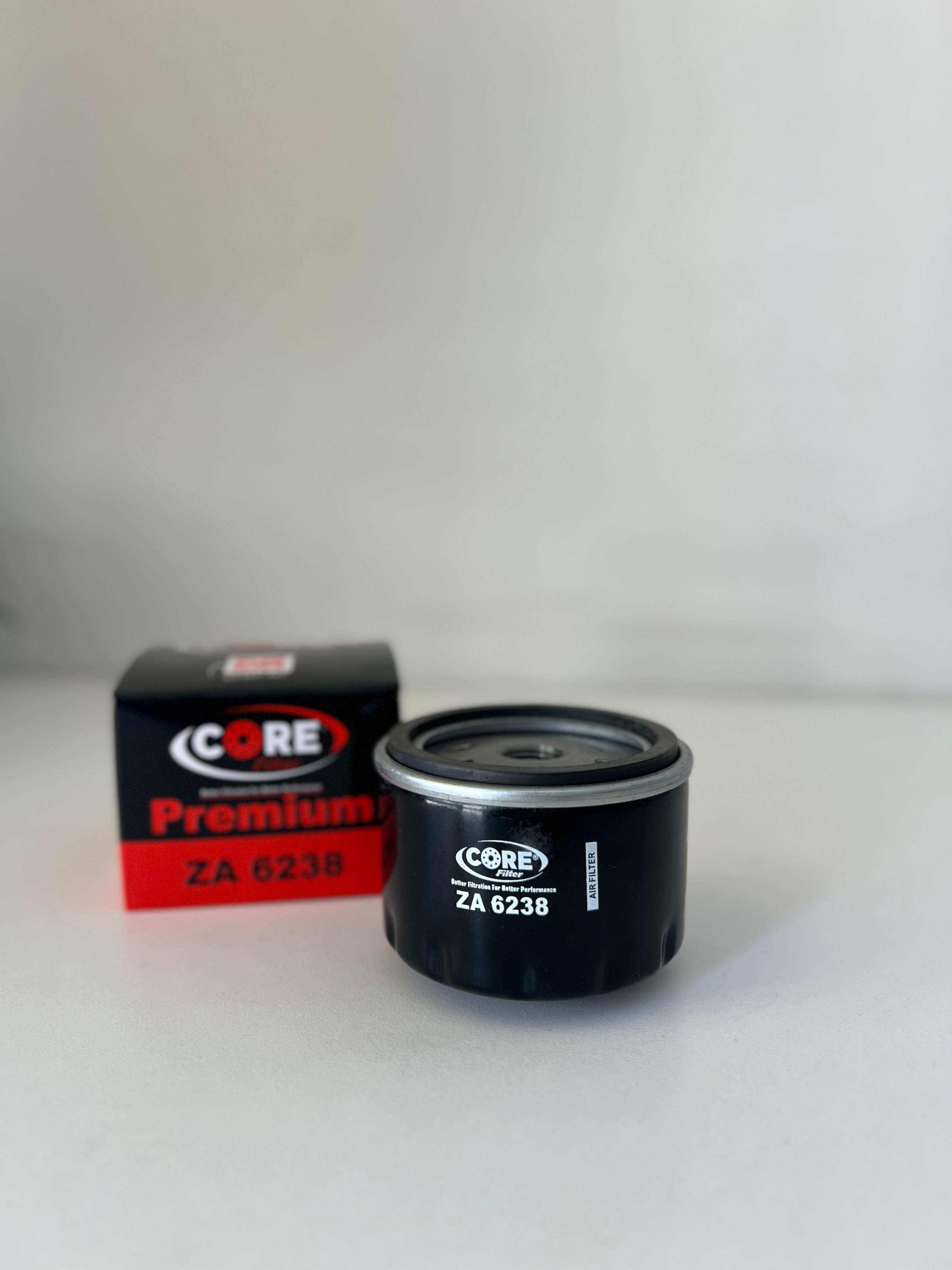Water filtration systems in vehicles play a crucial role in ensuring the engine operates smoothly and maintains optimal performance. However, over time, several issues can arise with these systems. Identifying these problems and understanding their solutions is essential for efficient vehicle maintenance and ensuring the water filtration system functions properly.
Problem: One of the most common issues with vehicle water filtration systems is filter clogging due to dirt and debris buildup. This can restrict coolant flow within the engine, leading to overheating and reduced engine performance.
Solution: Regular inspection and replacement of filters are critical. If clogging is detected, the filter should be replaced immediately to prevent further damage. This ensures the vehicle's cooling system functions properly and prevents engine overheating.
Problem: Water filters in vehicles have a limited lifespan, and over time, their effectiveness diminishes. An expired filter can no longer protect the engine adequately, leading to inefficient cooling system performance.
Solution: It is important to follow the manufacturer's recommended replacement intervals. If signs of filter wear, such as engine overheating, are noticed, the filter should be replaced to maintain engine efficiency.
Problem: Water leaks can occur in the hoses or connections of the water filtration system, leading to coolant loss and causing the engine to operate inefficiently. Left unchecked, this can result in significant engine damage.
Solution: Regularly inspect hoses, connections, and the filter housing for leaks. Any loose or damaged parts should be replaced immediately. Ensure all connections are securely fastened during installation to prevent future leaks.
Problem: Insufficient filtration can result in changes in water color or odor within the vehicle's cooling system, indicating rust or contaminated water. This can lead to damage to the engine and other components.
Solution: If rust or foul-smelling water is detected, the filters should be inspected and replaced if necessary. Additionally, it’s crucial to use high-quality water and coolant in the system. If needed, upgrade to a more effective filtration solution.
Problem: Clogged or worn-out filters can negatively impact the vehicle's cooling performance, leading to engine overheating and long-term damage.
Solution: Regularly monitor the cooling system’s pressure and water flow, ensuring that filters and connections are well-maintained. If the engine overheats, it’s important to check the water filtration system for potential issues.
At Core Filter, we offer durable and high-quality filtration solutions for vehicle water filtration systems, helping protect your engine and enhance your vehicle's performance.
